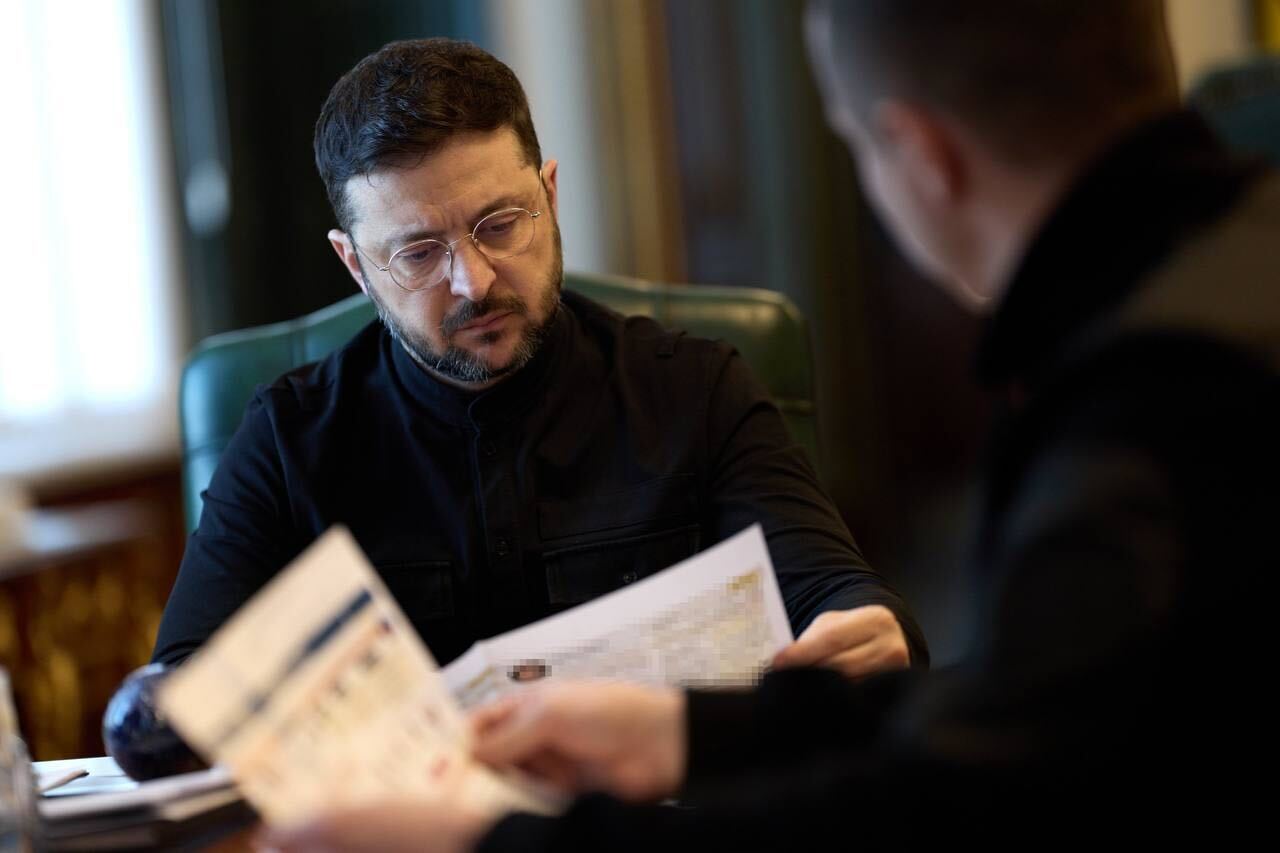On IAEA Access to Iranian Military Sites
In the past week, a potentially crucial gap has emerged at the heart of the negotiations over Iran’s nuclear program. The issue? Whether the International Atomic Energy Agency (IAEA) will have access to Iranian military installations.
In the past week, a potentially crucial gap has emerged at the heart of the negotiations over Iran’s nuclear program. The issue? Whether the International Atomic Energy Agency (IAEA) will have access to Iranian military installations.
On one side, Iran’s Supreme Leader has adopted a hard line, declaring on state television that “no inspection of any military site or interview with nuclear scientists will be allowed” despite the expectations of “the impudent and brazen enemy.” Meanwhile, some members of the P5+1 appear no less unyielding, with the French foreign minister telling his lawmakers, "France will not accept (a deal) if it is not clear that inspections can be done at all Iranian installations, including military sites.”
At first glance, Iran’s hesitation at allowing international inspectors access to its military sites might appear reasonable. But the history, law, and language of non-proliferation agreements lie squarely on the side of France. Concessions on this issue---even in the form of subjecting certain inspections to the approval of some kind of “joint commission”---would not only dramatically weaken any deal, but would actually constitute a major departure from long-standing principles of nuclear controls.
As I’ve discussed before, until the discovery of Saddam Hussein’s incipient nuclear program in the early 1990s, the primary legal architecture for nuclear inspections were aimed at countries’ announced nuclear sites. Countries---including Iran, in 1974---concluded “comprehensive safeguards agreements” with the International Atomic Energy Agency (IAEA) outlining reporting requirements and guaranteeing IAEA access to their nuclear facilities. But even during these early years, “special inspections” guaranteed the IAEA access beyond the declared nuclear sites--in cases where reporting and standard visits were deemed by the IAEA “not adequate for the Agency to fulfill its responsibilities” (Article 73). Crucially, there was never any exemption, exclusion or exception for military installations.
Of course, no country liked the idea of foreign inspectors poking around their military bases. But each realized that the comprehensiveness of inspectors’ reach was crucial to the entire system. If there would be inspections-free zones, there could be no guarantee that states’ nuclear programs were peaceful.
After the discovery of a secret Iraqi program during Desert Storm, the international community beefed up the IAEA’s ability to monitor covert programs. By signing “additional protocol agreements,” countries explicitly committed to providing the IAEA with immediate access to “any location specified by the Agency.” The IAEA can demand such access in order to resolve even the smallest “question or inconsistency”---and can do so on its own interpretation alone. “Question or inconsistency,” it should be noted, is actually an exceedingly low threshold. One expert with decades of IAEA-related experience emphasized to me that “this is any question or inconsistency: Lower case ‘q’ and lower case ‘i.’” Again, there was no exception included for military installations, because such an exception would have defeated the entire purpose.
Throughout the years of sanctions and negotiations, Iran has chafed at restrictions and repeatedly demanded to be treated just like any other state. But in insisting on a special exemption denying IAEA access to military site, Iran is actually demanding special, privileged treatment. The fact that the p5+1 would even consider subjecting such visits to a “joint commission” of the IAEA represents a significant, and dangerous, departure from previous practice. The logic of the oversight system rests on the assumption that the IAEA Board of Governors holds ultimate authority to decide where its inspectors go, and that the Security Council serves as its enforcement mechanism. Playing with these details would gut the entire structure.
Given the history of comprehensive IAEA access, the language and purpose of the Additional Protocol, and in fact, the entire purpose of the Iranian nuclear process, insistence on this issue is something of a no-brainer. On this matter, the United States ought to follow France's lead.





